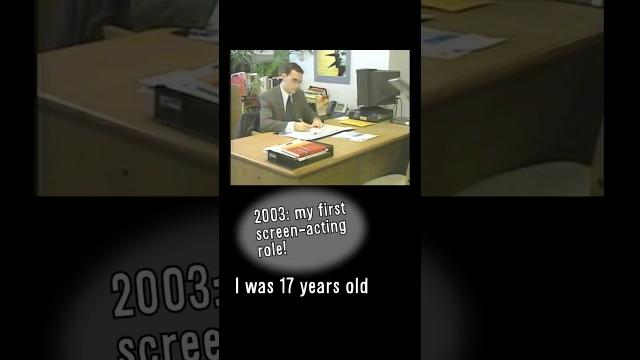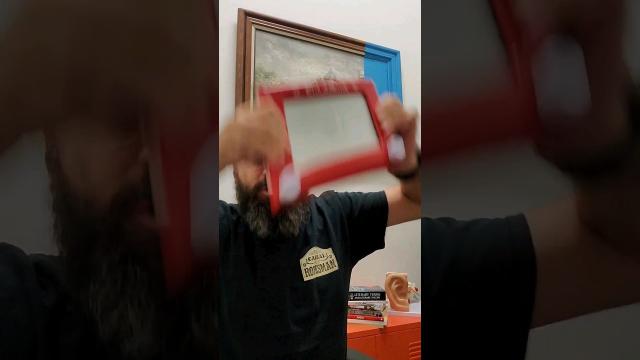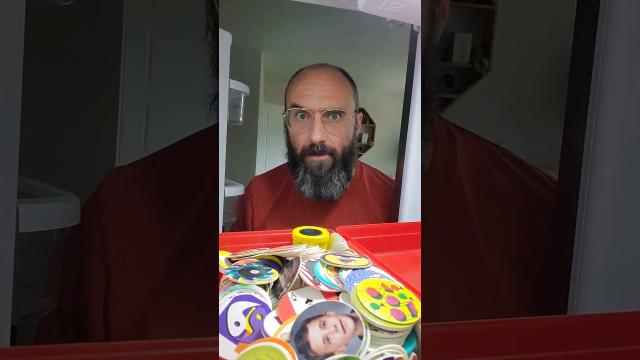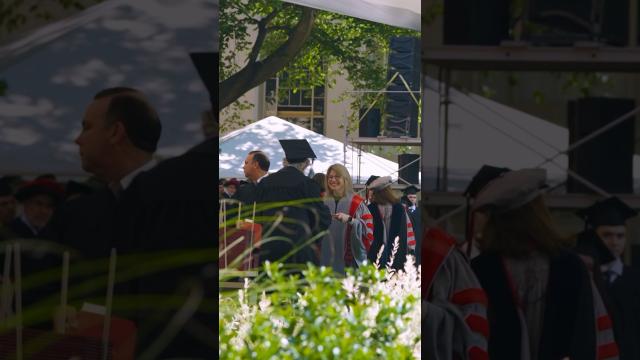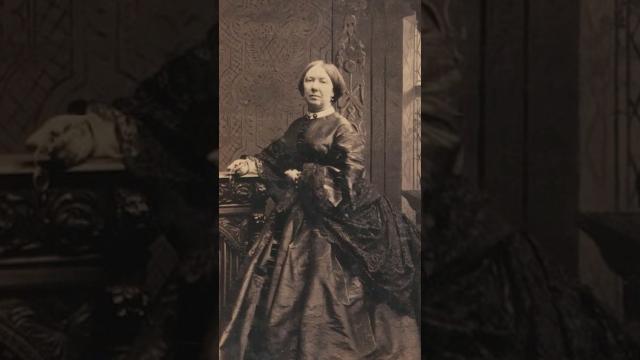Time Travel, Teleportation & Science
Time travel is the concept of moving between different points in time in a manner analogous to moving between different points in space, generally using a theoretical invention, namely a time machine. It has a commonly recognized place in philosophy and fiction, but has a very limited application in real world physics, such as in quantum mechanics or wormholes.
Although the 1895 novel The Time Machine by H. G. Wells was instrumental in moving the concept of time travel to the forefront of the public imagination, The Clock That Went Backward by Edward Page Mitchell was published in 1881 and involves a clock that allowed three men to travel backwards in time.[1][2] Non-technological forms of time travel had appeared in a number of earlier stories such as Charles Dickens' A Christmas Carol. Historically, the concept dates back to the early mythologies of Hinduism (such as the Mahabharata), Buddhism, and Islam through ancient folk tales. More recently, with advancing technology and a greater scientific understanding of the universe, the plausibility of time travel has been explored in greater detail by science fiction writers, philosophers, and physicists.
Teleportation, or Teletransportation, is the theoretical transfer of matter or energy from one point to another without traversing the physical space between them. It has a commonly recognized place in science fiction literature, film, and television, but as yet has a very limited application in real world physics, such as quantum teleportation or the study of wormholes.
Science (from Latin scientia, meaning "knowledge") is a systematic enterprise that builds and organizes knowledge in the form of testable explanations and predictions about the universe. In an older and closely related meaning, "science" also refers to a body of knowledge itself, of the type that can be rationally explained and reliably applied. A practitioner of science is known as a scientist.
In modern usage, "science" most often refers to a way of pursuing knowledge, not only the knowledge itself. It is also often restricted to those branches of study that seek to explain the phenomena of the material universe.
Source : Wikipedia
-
04:22
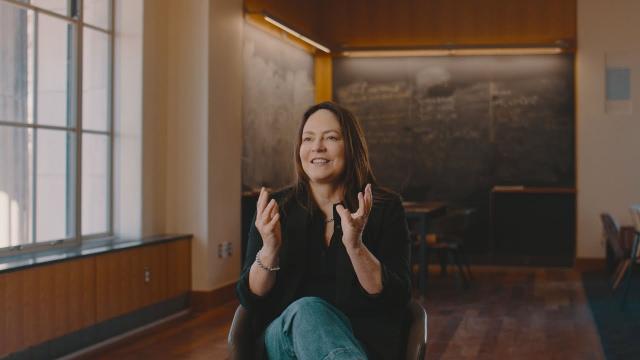
The World at MIT: Pattie Maes
Added 104 Views / 0 LikesComing of age in Belgium during the European economic crisis of the 1970s, Pattie Maes decided to pursue computer science for purely practical reasons – it was a field with jobs. She eventually realized, however, she didn’t want a corporate position and s
-
1:28:42

Epic Expansion: The Case for Inflationary Cosmology
Added 103 Views / 0 LikesFor decades, inflation has been the dominant cosmological scenario, but recently the theory has been subject to competition and critique. Two renowned pioneers of inflation -- Alan Guth and Andrei Linde -- join Brian Greene to make their strongest case fo
-
03:36
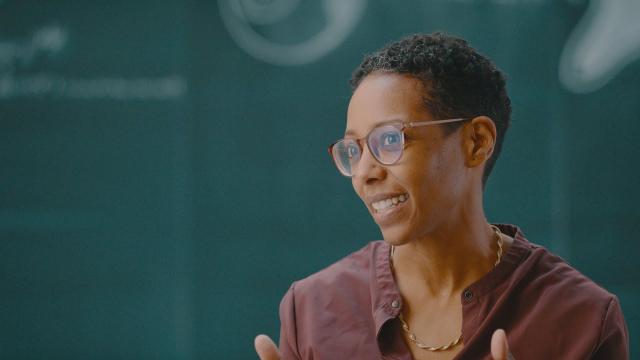
The World at MIT: Mai Hassan
Added 102 Views / 0 LikesThe experience of growing up in the Sudanese diaspora drew Mai Hassan to political science and a desire to examine topics related to authoritarianism, which she now does as an Associate Professor of Political Science at MIT. Knowing that some of her stude
-
00:54

Designing lunar habitats
Added 102 Views / 0 LikesIn a first of its kind course students design, build and test habitats for extreme environments in space.
-
40:01
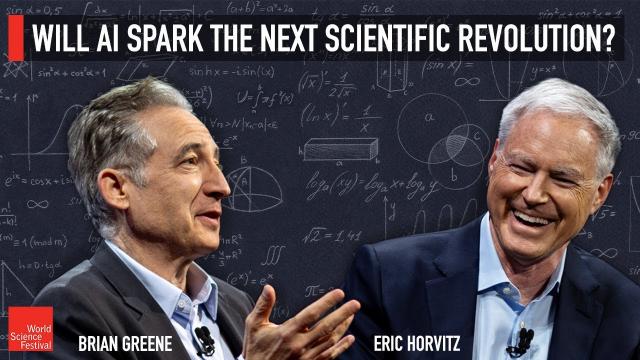
Will AI Spark the Next Scientific Revolution?
Added 102 Views / 0 LikesBrian Greene and Microsoft's Chief Scientific Officer Eric Horvitz explore how AI may shape the future of fundamental scientific research.Participant: Eric HorvitzModerator: Brian Greene00:00 - Introduction02:49 - Participant Introduction12:37 - AI Techno
-
04:49
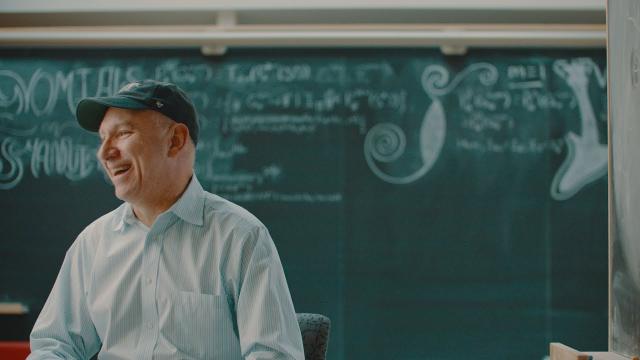
The World at MIT: Roberto Rigobon
Added 101 Views / 0 LikesDeciding to remain in the United States in the wake of political changes in his native Venezuela, Roberto Rigobon came to MIT to pursue a PhD and never left. The Society of Sloan Fellows Professor of Management and Professor of Applied Economics at the MI
-
01:00
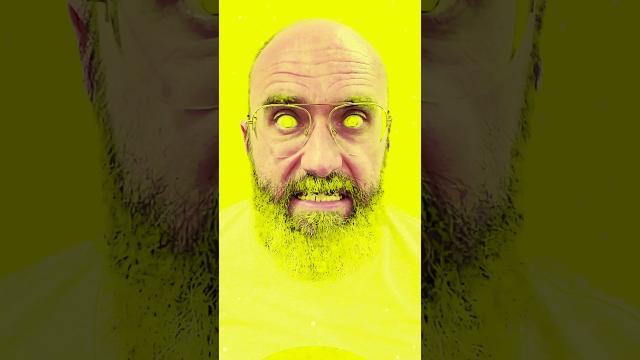
If Uranus Was This Big...
Added 101 Views / 0 Likeshttps://www.curiositybox.com#Uranus #astronomy #blackhole #schwarzchildradius #tshirt #shirt #equation #math #physics #wormhole #light #curiositybox
-
01:01
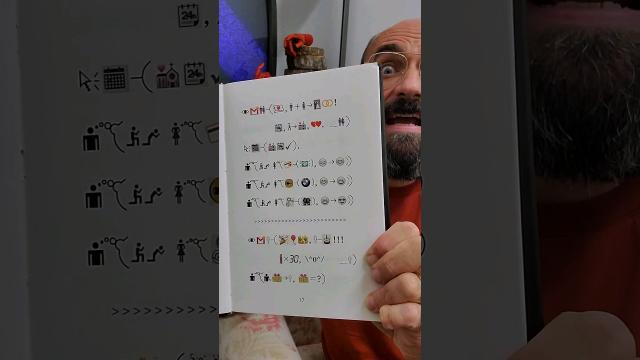
This Book Has No Words
Added 101 Views / 0 LikesXu Bing's "Book from the Ground: from point to point" is written entirely with pictograms. This copy is actually my wife's book -- she owned it before we met. When I first saw it, I was amazed by how easy it was to read and by how much your imagination ha
-
00:59
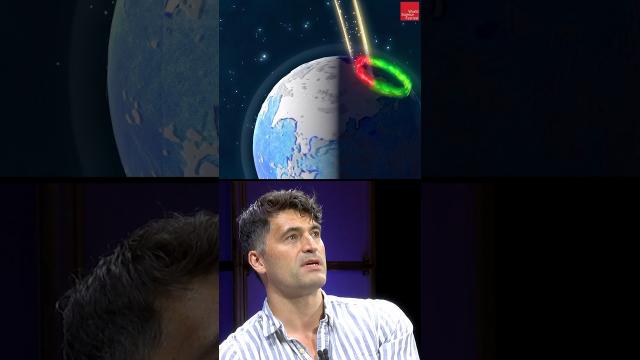
We’ve discovered thousands of exoplanets, but what about exomoons? #astronomy #spaceexploration
Added 101 Views / 0 Likes -
03:38

The World at MIT: Sana Aiyar
Added 100 Views / 0 LikesSana Aiyar grew up among adults who frequently discussed and debated” history – a topic “contested deeply in India,” particularly in Delhi. An avid reader, she immersed herself in books to learn more about the world. Sana is now Associate Professor of His
-
36:26
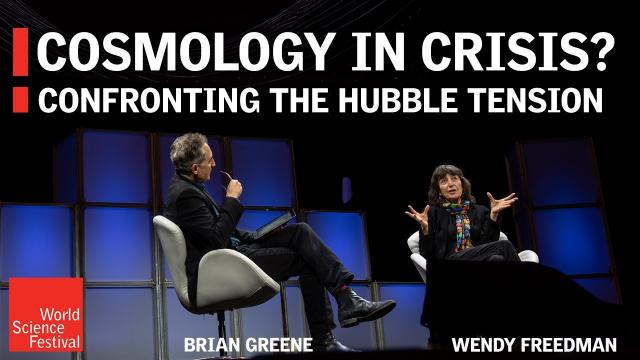
Cosmology in Crisis? Confronting the Hubble Tension
Added 100 Views / 0 LikesHow fast is the universe expanding? Two prominent approaches are finding different answers, propelling cosmology toward a crisis. Wendy Freedman, a renowned astronomer who has spent decades seeking the expansion rate, joins Brian Greene to discuss the lat
-
35:32
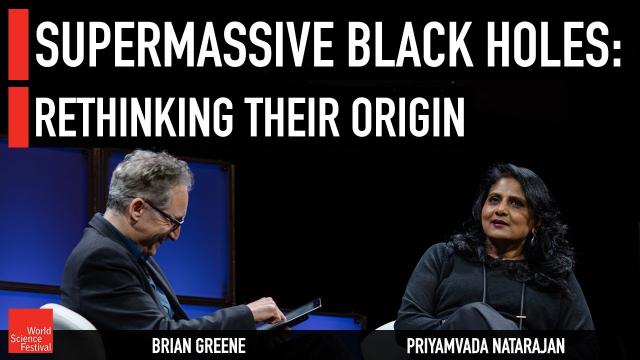
SUPERMASSIVE BLACK HOLES: Rethinking Their Origin
Added 100 Views / 0 LikesThe mechanism of collapsing stars falls short of explaining the existence of supermassive black holes—giants that weigh millions or even billions of times the mass of the Sun. Astrophysicist Priya Natarajan proposes an alternative: these colossal black ho
-
1:33:07

Is Dark Matter the Wrong Idea?
Added 100 Views / 0 LikesWithout dark matter and dark energy, the equations of physics don’t match what we observe in the cosmos. But what if it’s not the universe that needs extra ingredients—but the equations that need a rewrite? Renowned theorist Erik Verlinde joins Brian Gree
-
04:31
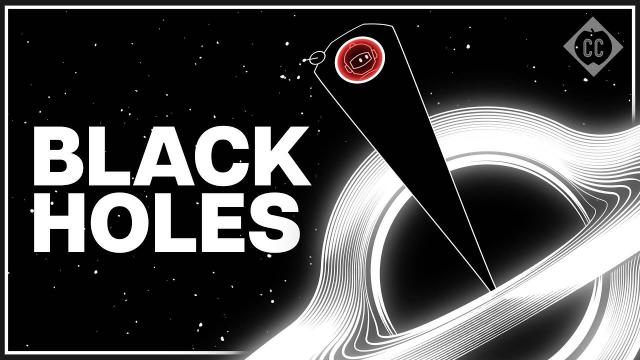
Katie Mack Explains Black Holes To John Green
Added 99 Views / 0 LikesThis is a snippet of a larger conversation taking place on Crash Course Pods: The Universe. Over 11 episodes, John Green and Katie Mack walk through the entire history of the universe…even the parts that aren’t written yet. The first five episodes are out

